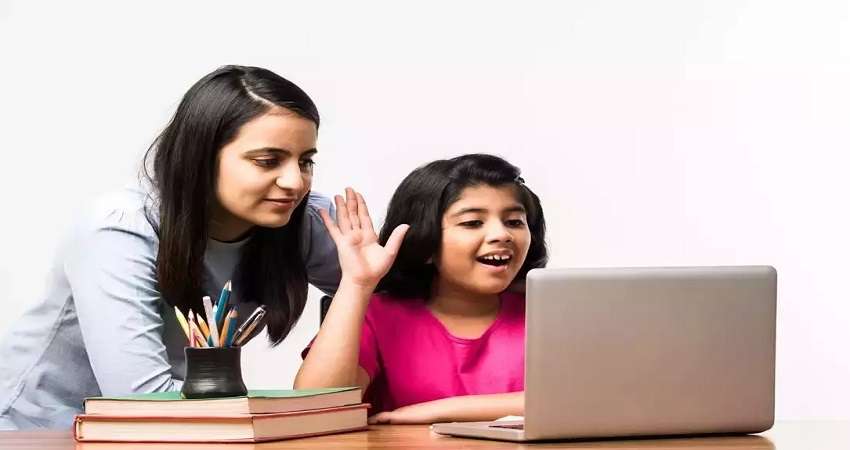In the US, more than 2 million children get education at home. About 13% of these children follow the ‘Anscooling’ method. Today we will tell you what is the law in India. Along with this, we are telling you what is anscooling.
Know what is Anscooling?
Anscooling is an education system in which children learn according to their interest and curiosity rather than a formal course. In 1977, American teacher John Holt popularized the idea. He started a magazine called “Groining Without Schooling”, stating that children can learn effectively outside the school.
Anscooling works like this
In this method:
– Children choose what and how they want to learn
– Parents simply create an auxiliary environment
– No dependence on textbooks and workbooks
– Children learn from books, interaction with people, travels of various places and experiences of nature
– It has no examination or grading.
– The child learns at his own pace.
These are the benefits of ensure
There are many benefits of this education system:
– Safe and friendly teaching environment
– Education according to family values
– Relief from tension related to examination (Research shows that 10% of children out of 40% of children experience exam concern)
– Children increase enthusiasm and curiosity towards learning
– More closeness among family members
– Flexible program that promotes family centered lifestyle
Anscooling is an option in which children get their own education through natural curiosity, while parents play a supporting role in their visit.
Current scenario of homescooling/anscaring in India
The concept of homescooling in India is different from other countries of the world. This is not a prevalence of any overnight, but the result of changes that began in the 1970s, which created a new approach to alternative methods of education in India.
The most important thing for Indian parents is that the government is committed to ensure every child’s ‘right to education’. This is the reason that the Indian judicial system does not consider home schooling or online education as a violation of any section (especially sections 18 and 19) of the Right to Education Act (RTE) 2009.
Consideration of the validity of unustering in India
The validity of Anusuling (which is slightly different from homescooling, as it does not follow the formal course) is a vague field in India. Although the RTE Act does not officially recognize homescooling or unsculling, it also does not declare it illegal. In 2010, the Gujarat High Court gave a historic verdict, saying that parents could choose their children to teach at home, provided they ensure all-round development of the child. Currently, many Indian families are opting for homescooling through various online schools, open schooling systems (such as NIOS) or foreign boards, which are legally acceptable. In the context of unusualing, it is necessary that the child’s learning experience be documented and he participates in some standardized evaluations, ensuring that it is having educational development.
